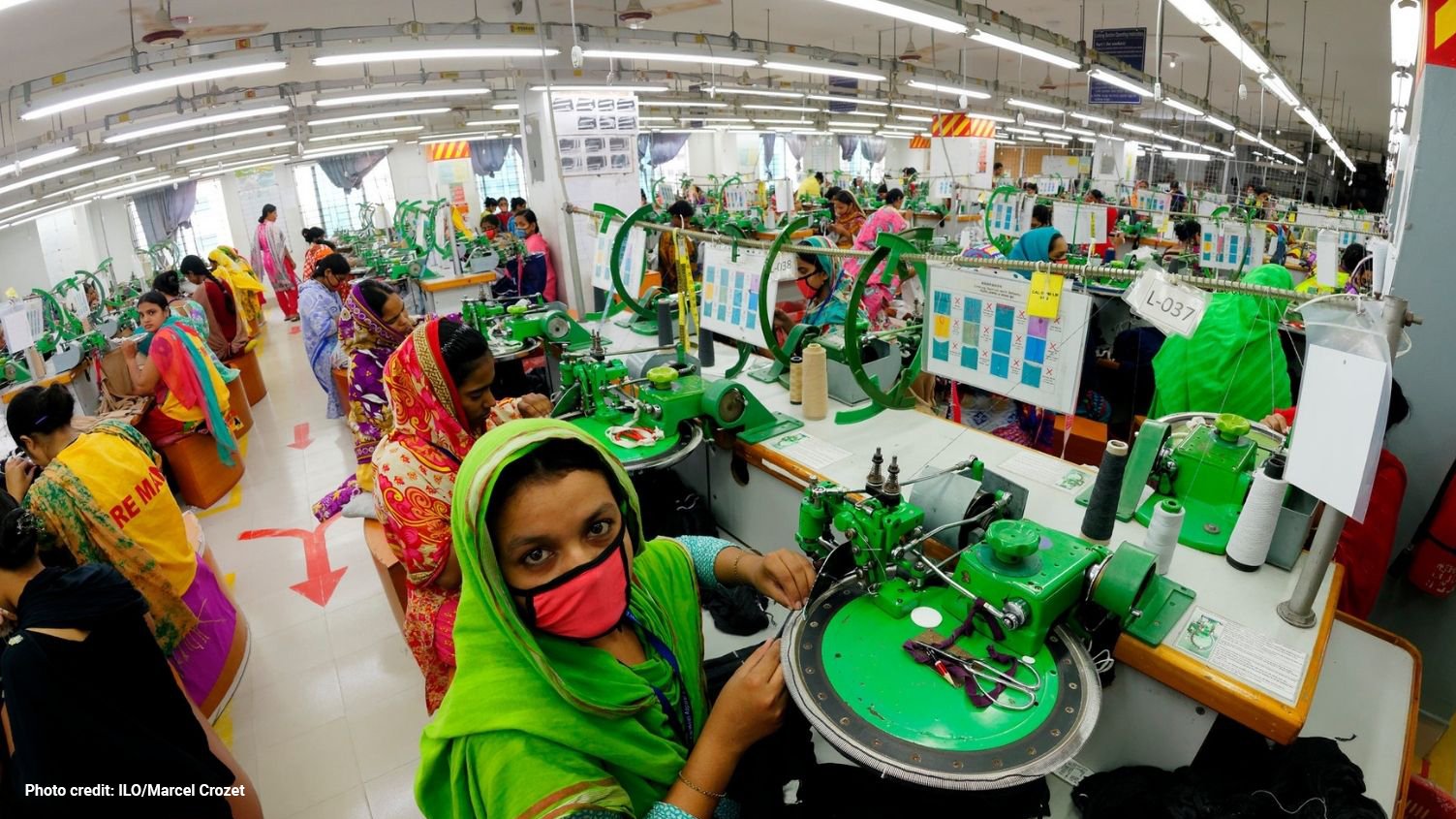
Theme: “Achieving Social Justice through Formal Employment”
Commemorative Event: 2022 World Day of Social Justice
Monday, 21 February 2022
1:15-2.30pm Eastern Time (New York time)
Registration: here
The Permanent Mission of the Kyrgyz Republic to the UN, the International Labour Organization and the United Nations Development Programme are pleased to convene the commemorative meeting of the 2022 World Day of Social Justice. This year’s theme focuses on the formalisation of employment as a prerequisite for reducing poverty and inequality. The event will be held virtually.
The commemorative event has been held since its first proclamation by the General Assembly in 2007 under the leadership of the Kyrgyz Republic. The commemoration supports efforts by the international community to search for solutions to achieve sustainable development and fulfil many of the aspirations set out in the Secretary-General’s report on “Our Common Agenda”, including poverty eradication, the promotion of full employment and decent work, universal social protection, gender equality and social justice for all.
Purpose of the event
More than 60 per cent of the world’s employed population, that is 2 billion women, men and youth, earn their livelihoods in the informal economy. The COVID-19 pandemic has put a spotlight on the vulnerability of workers in the informal economy. Informal workers, as they often lack any form of social protection or employment related benefits, are twice as likely to be poor compared to formal workers. Most people enter the informal economy not by choice, but due to lack of opportunities in the formal economy.
Promoting the transition to formality is a necessary condition to reduce poverty and inequalities, advance decent work, increase productivity and sustainability of enterprises and expand government’s scope of action, notably in times of crisis. In accordance with the Transition from the Informal to the Formal Economy Recommendation, 2015 (No. 204), and acknowledging that the pathways to transition to formality depend on national circumstances, comprehensive integrated strategies that tackle multiple drivers of informality work best. Effective gender-responsive formalization strategies combine interventions to increase the ability of the formal economy to provide for decent work opportunities, to absorb workers and economic units currently in the informal economy, and to strengthen the ability of people and enterprises to enter the formal economy. The identification of the right incentives and the elimination of obstacles to formality are essential. In the context of the COVID-19 crisis, preventing the informalization of formal jobs is also of particular importance.
Formalization results from a complex and gradual process. As a part of this process, reliable and relevant statistics are needed to better understand the characteristics and drivers of the informal economy, and monitor progress towards formalization. Many countries are utilizing new technologies to facilitate the transition from informal to formal employment through E-formalisation tools such as electronic database systems for proper identification of employment and wider access to ICTs and e-commerce.
The 2030 Agenda and the Secretary-General’s report on Our Common Agenda, acknowledge the transition to formality as a priority. It also calls for road maps to be established to integrate informal workers and enterprises into formal economies in order to benefit from women’s full participation in the workforce, and to reduce inequalities more broadly. Under a new partnership agreement between the ILO and UNDP, the two organizations have agreed to undertake joint programming to generate pathways to formality, which will also support the Global Accelerator on Jobs and Social Protection for a Just Transition.
Spread the Word on social media !
- Flyer for social media
- Follow us on Twitter @ILO @UNDESASocial, @UNDESA and on Facebook at facebook.com/ILO.ORG and facebook.com/UNDESASocial. Please use #SocialJusticeDay as the main hashtag.
 Welcome to the United Nations
Welcome to the United Nations